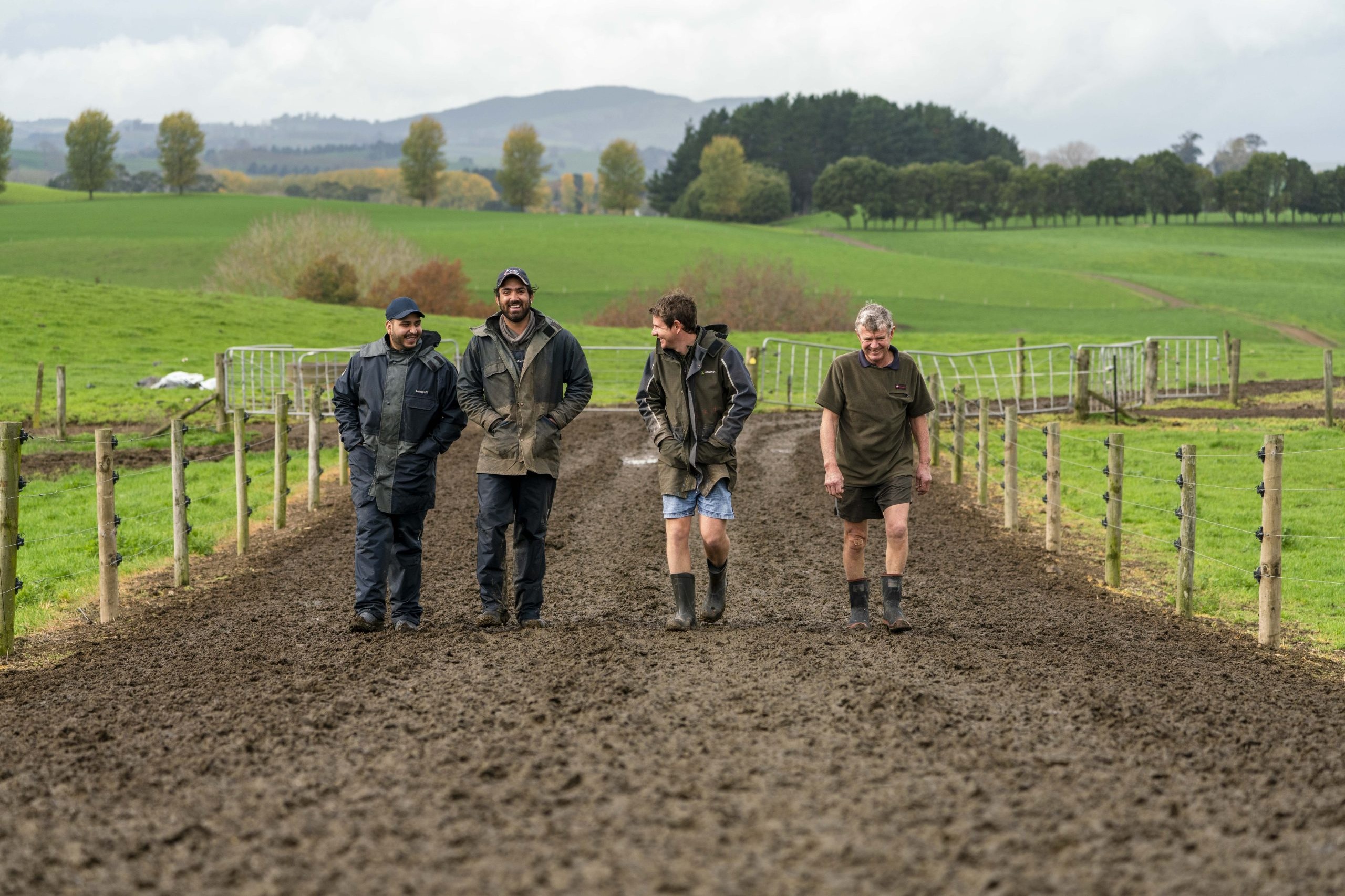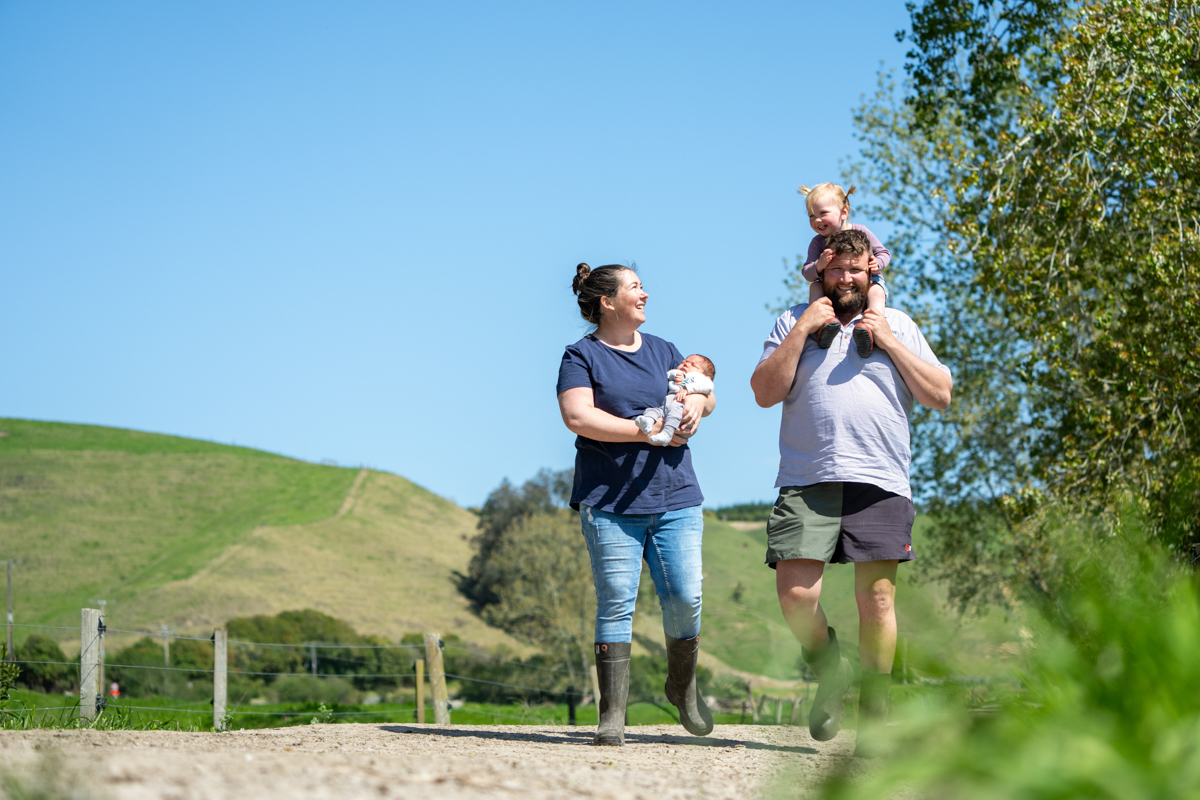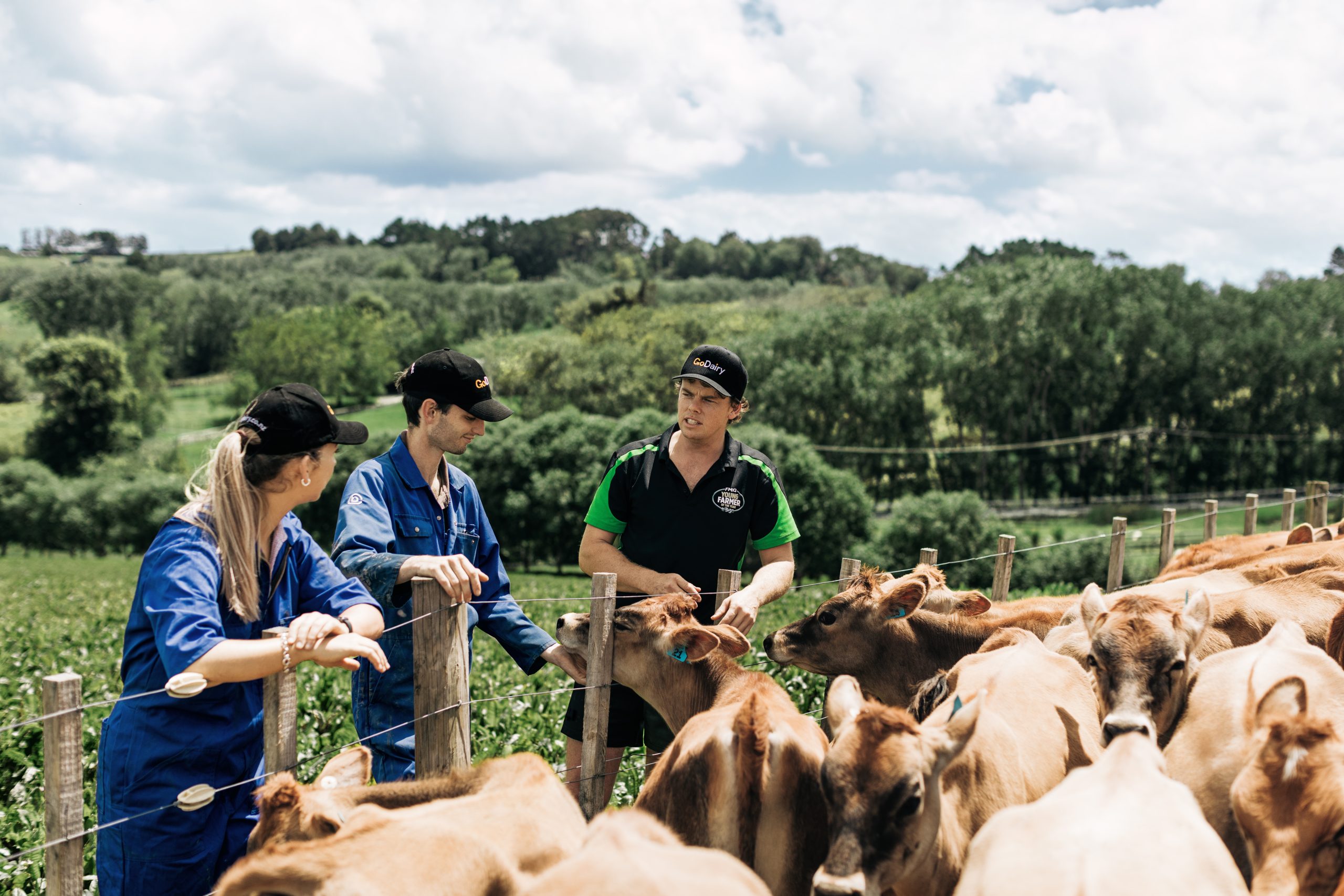An environmental advisor is impressed with how much Southland farmers have achieved, some without even realising it, as Karen Trebilcock reports.
DairyNZ’s Southland environmental change specialist Tessa Schmidt is an interpreter of government and council policies for farmers, helping them translate the rules into appropriate on-farm practices.
And in Southland, where wintering and water quality is in the national if not international spotlight, it’s not a job for the faint hearted.
But Tessa (24) is relishing working with farmers, the regional council, and other organisations to make sure everyone is doing their bit, and she’s impressed with how much farmers have achieved, some without even realising it.
“Farmers want to have a conversation about the environment but they also want to be respected for the work they’re doing and have done already,” Tessa said.
Part of her job is working with the 21 (so far) catchment groups in the region, with the help of DairyNZ, NZ Landcare Trust, Beef + Lamb NZ, and regional council Environment Southland.
“It’s awesome being part of such engaged groups,” she said.
Part of Tessa’s role also involves helping find speakers for the catchment groups, organising events, and helping out with their projects.
“They represent the full community, not just farmers, and are across all types of agriculture, not just dairy, so it’s really good that we’re getting consistent messages out to everyone and for everyone to understand each other’s perspective.
“That is the beauty of the catchment groups – all the farmers, whatever type of farmer they are, are talking to each other.”
For the past six months she and DairyNZ consulting officer Leo Pekar have been working in the Aparima Freshwater Management Unit, visiting every farm and discussing farm environment plans and winter grazing management.
It’s part of DairyNZ’s support for the farmer-led Aparima Community and Environment project (ACE).
The catchment is one of several throughout the country being closely monitored to see what results farmers can achieve.
“Everyone has been willing to take good management practices on board. Many don’t even realise the incredible job they’re doing.”
She said a big challenge for Southland dairy farmers was wintering, which farmers are working hard to get right.
“If we don’t get wintering right then we won’t be able to winter cows here and then what will we do?”
Almost all farmers were now winter grazing crops from the tops of slopes down, back fencing, and using portable water troughs where they could.
“They want to do the best for the environment. What farmer doesn’t want healthy waterways?”
And Tessa knows. Her family has farmed at Woodlands near Invercargill for 125 years.
Her parents, Bob and Delwyne, converted the family sheep farm to a 500-cow dairy unit when she was five.
“I feel very lucky that I have parents who are dairy farmers here so I understand a lot of what farmers have been through and where they are trying to get to.
“I know how tough it’s been for them.”
She went to James Hargest High School in Invercargill but didn’t know what she wanted to do afterwards except that it had to be something to do with agriculture. She had heard Lincoln was a small, friendly university so the decision was made.
“I did the AgSci course, which is pretty broad, and in my second year I took a paper about farm environment plans and I loved it. I’d found my passion.”
In 2017 she finished the four-year degree with honours in soil science looking at how catch crops can reduce nitrate leaching after winter grazing.
Along the way she secured a DairyNZ scholarship.
“I loved how many opportunities the scholarship gave me for networking in the primary sector.
“As well as helping to pay fees, the scholarship has a strong focus on mentoring and helping students identify and meet their potential.”
She applied for several positions when she finished her studies and the DairyNZ one was the only interview she didn’t find stressful.
“I wanted to work in the environmental space and to be able to build relationships with people so it was perfect and I got the job.
“But it was a big call for DairyNZ as I was their first graduate they’d taken on in this role.”
After finishing DairyNZ’s graduate programme she has settled back into living in Southland and, with her partner Connor Miller, a shepherd, they’ve bought a house in Gore.
They met at Lincoln where Connor was completing a bachelor’s degree in agriculture, and during Tessa’s fourth year he milked cows near Ashburton to stay close while completing his final paper.
While she has enjoyed working from home during the Covid-19 lockdown she also has a desk at the DairyNZ offices in Invercargill.
“I love Southland. Farmers in Southland are so great to work with, so friendly and always keen for a chat.”
Tessa was a keen horse rider before university but the horse couldn’t follow her to Lincoln. However, she has kept up netball and for 14 years has played for Woodlands. This winter, with netball finally starting again in Level 1, she has decided to make the switch to nearby Makarewa.
The rest of her spare time is spent decorating and getting their house the way they want it, and she also goes to Toastmasters.
Her message to all farmers is to get right what they can and try not to be overwhelmed by environmental issues.
“It’s all about small steps instead of trying to do everything at once.
“If farmers need support, all they have to do is ask. The support is always here.”
GODAIRY
The dairy sector has 1,000 jobs up for grabs on New Zealand dairy farms. DairyNZ has launched a Go Dairy campaign offering entry-level training to help people find out what it’s like to work on a farm and learn some farming basics. The three-week course is designed to attract Kiwis into dairy careers.
People who are interested should check out godairy.co.nz/career-changers and fill out the online registration form, or call DairyNZ on 0800 4 DAIRYNZ (0800 4 324 7969).





